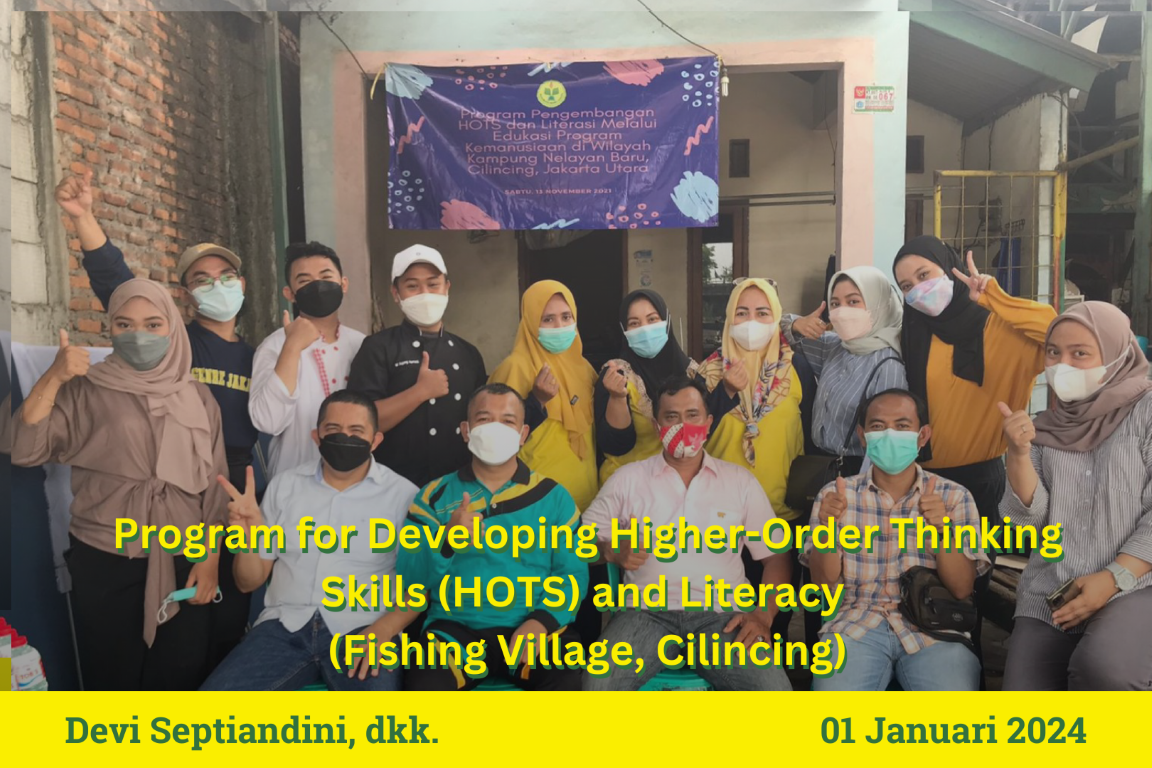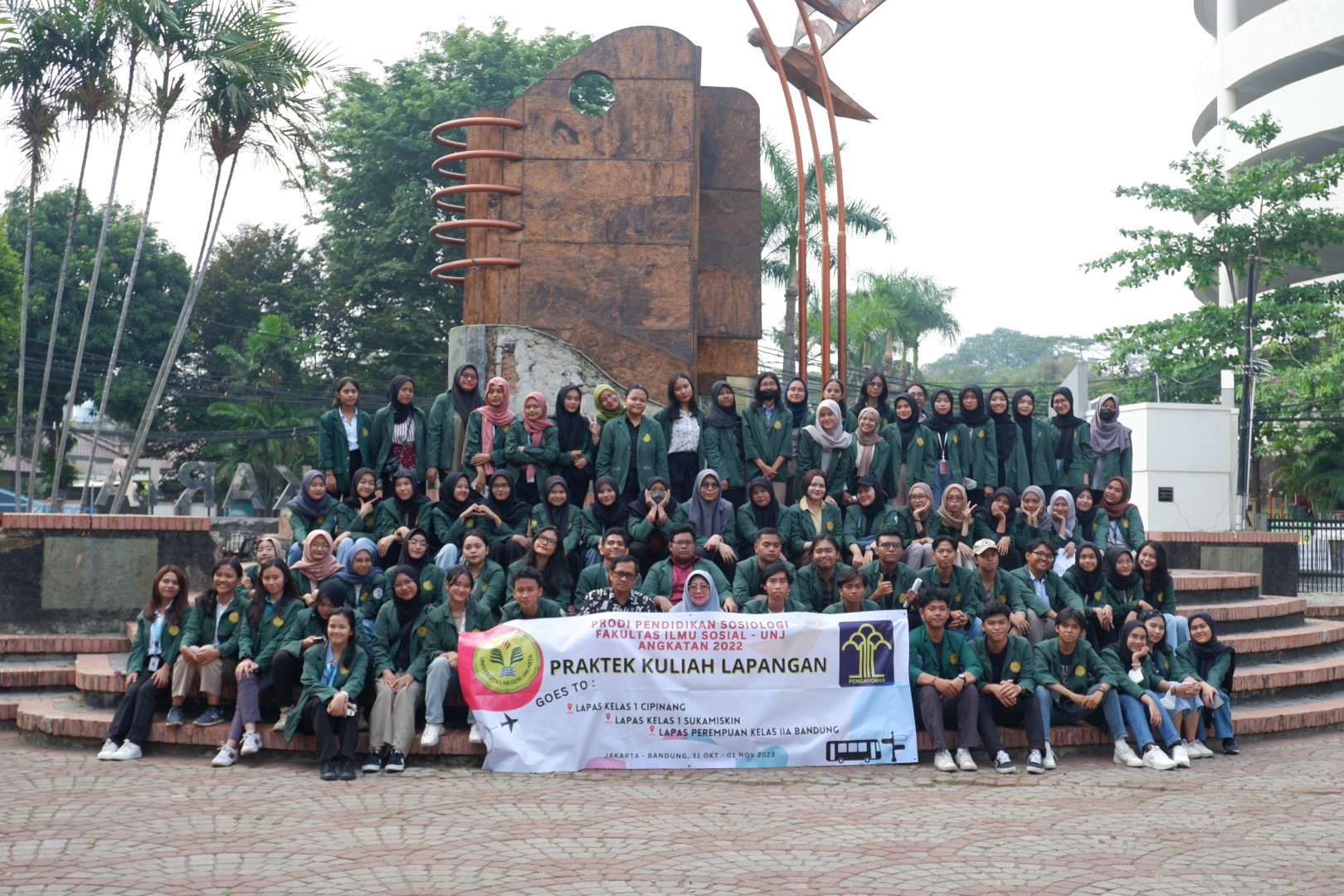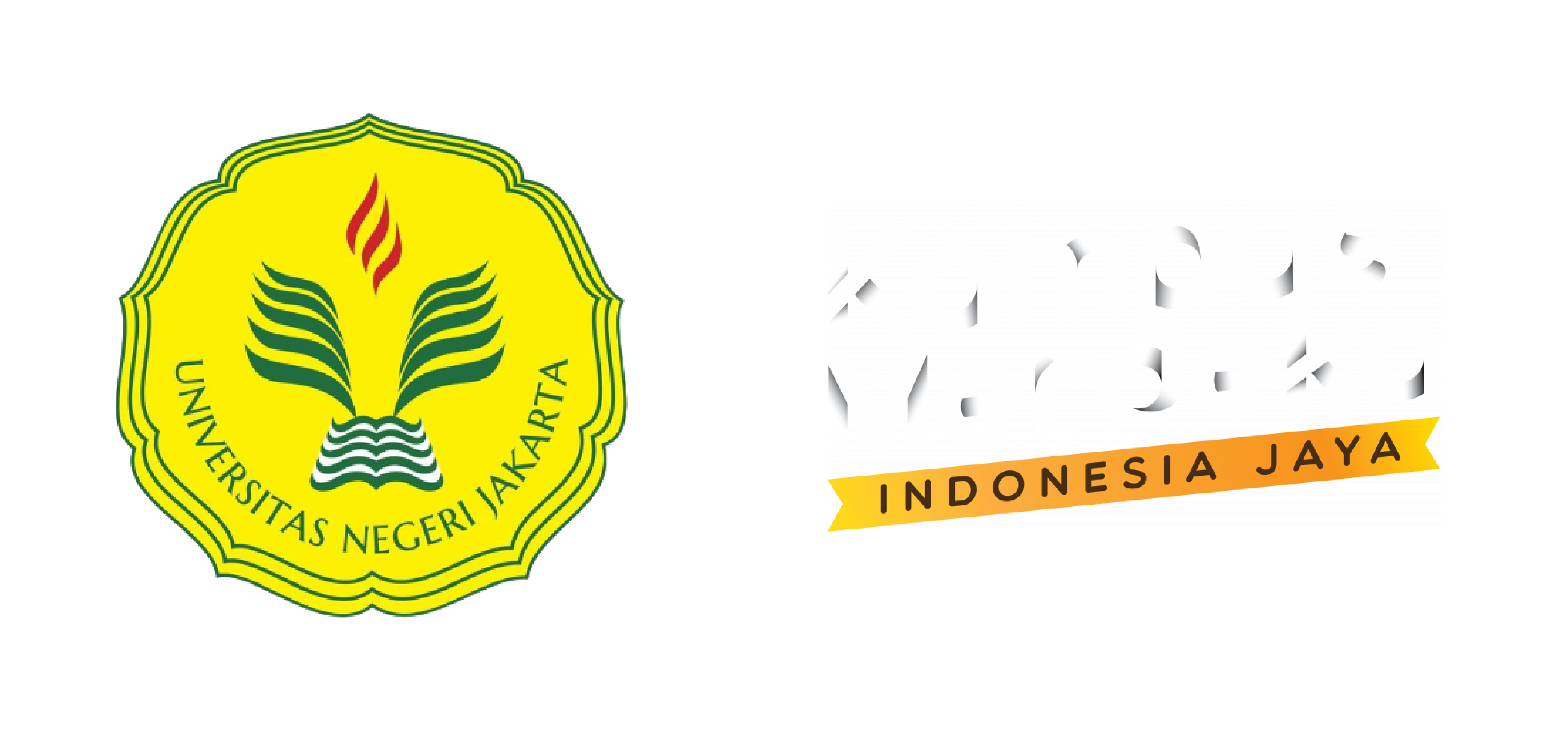Community Service
As part of the Tri Dharma of Higher Education, faculty members within the Sociology Education program actively engage in community service initiatives tailored to address societal issues through a sociological lens. These activities aim to apply sociological theories and methodologies to real-world challenges, fostering community development and social change. Faculty members undertake various forms of community service, including organizing training workshops, providing consultancy services, collaborating on projects with local stakeholders, conducting applied sociological research, and empowering communities through capacity-building programs.
Types of community service activities:
- Training Workshops: Organizing workshops to educate the public or stakeholders on sociological perspectives relevant to issues such as inequality, social justice, or community dynamics.
- Consultancy Services: Offering sociological expertise to individuals, organizations, or institutions seeking insights into social phenomena, policies, or interventions.
- Collaborative Projects: Partnering with local agencies, NGOs, or community groups on projects addressing sociological aspects of community development, social cohesion, or cultural diversity.
- Applied Sociological Research: Conducting research to explore sociological dimensions of pressing societal issues, contributing to evidence-based solutions and policy recommendations.
- Community Empowerment: Implementing programs aimed at empowering marginalized or disadvantaged communities through sociological insights, promoting civic engagement, and fostering social inclusion.
Through these community service activities, faculty members in the Sociology Education program fulfill their commitment to the Tri Dharma, applying sociological knowledge and skills to advance social welfare, promote equity, and strengthen community resilience.



